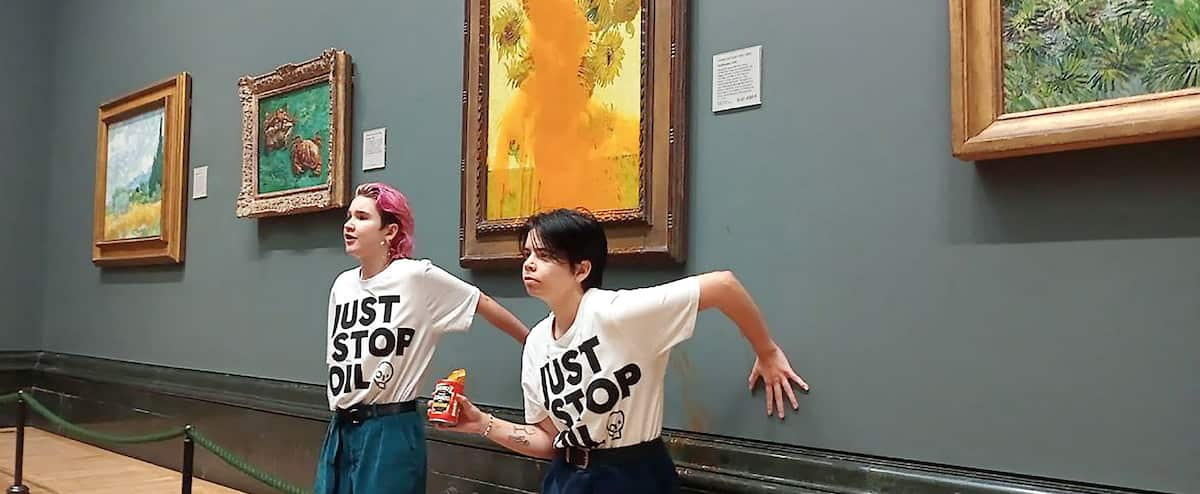Darush Mehrjui, considered one of the greatest representatives of Iranian cinema, was stabbed to death with his wife in their home near Tehran on Saturday evening. Iranian authorities have not yet reported any arrests.
Posted by:
4 million
Iranian director Dariush Mehrjui, who contributed to the international recognition of Iranian cinema, was stabbed to death with his wife on Saturday evening at their home near Tehran.
The circumstances of the double murder remained a mystery as of Sunday, October 15, with Iranian authorities reporting no arrests.
Dariush Mehrjui, 83, is considered one of the greatest representatives of Iranian cinema as a director, producer and screenwriter in the six decades that faced censorship before and after the 1979 Islamic Revolution.
In particular, in 1969, he directed “The Cow”, one of the first films of the new wave cinema in his country, and in 1971 he received the Jury Prize at the Venice Film Festival.
His wife of 54 years, Wahideh Mohammadifar, is also a screenwriter and set designer.
“Multiple stab wounds to neck”
“In the preliminary investigation, we found that Dariush Mehrjui and his wife were killed by multiple stab wounds to the neck,” announced Judge Hossein Faseli-Harigandi of Alborz province, west of Tehran. Online company.
He explained that the filmmaker texted his daughter Mona around 9pm to invite her to dinner at their home in Karaj, a large city about 40 kilometers from the capital. When they arrived an hour and a half later, they found the bodies of the parents with severe neck injuries.
Culture Minister Mohamed-Mehdi Esmali said in a statement that he had requested “clarification on the circumstances of this tragic and painful incident”.
The daily Etemad published an interview with the filmmaker’s wife on Sunday, in which she announced that she had recently been threatened by a man and that their home had been burglarized.
“No complaint has been registered regarding illegal entry into the Mehrjui family’s villa and theft of their property,” said Hossein Facili-Harikandi.
“The Maker of Eternal Creations”
In his press release, the culture minister paid tribute to “one of the pioneers of Iranian cinema” and “creator of eternal works”.
Born in Tehran on December 8, 1939, Darish Mehrjui studied philosophy in the United States before returning to Iran, where he started a literary magazine and in 1966 released his first film, “Diamond 33,” a parody of James Bond films.
Later he directed films with a strong social dimension, including “La Vache” (1969), “Monsieur le naïf” (1970) or “Le Cycle” (1974), “Les Tenants” (1987) and “Hamoun” (1990). .)
After the Islamic Revolution of 1979, Dariush Mehrjui spent a few years in France, where he created the docu-fiction “Le Voyage au pays de Rimbaud”.
Apart from cinema, he translated the works of French writer Eugène Ionesco and German Marxist philosopher Herbert Marcuse into Persian.
Returning to Iran, he scored a box office hit in 1987 with “The Tenants”. Later in 1990 he signed the black comedy “Hamon”, 24 hours in the life of an intellectual tormented by his divorce and his intellectual anxieties. , Iran was invaded by tech giants Sony and Toshiba.
In the following decade, Dariush Mehrjui portrayed women in “Saara”, “Bari” and “Leela”, the latter a melodrama starring actress Leela Hadami about a barren woman who encourages her husband to marry a second time.
“I am greatly influenced by Ingmar Bergman and Michelangelo Antonioni,” he explained in an interview with Iranian media. “I don’t directly make political films to highlight a particular ideology or point of view. But everything is political (…) Cinema is like poetry, it cannot take sides with anyone. Art must not become a propaganda tool.” to him
Often award-winning, most of these films were screened in 2014 at the Forum des Images in Paris during a tribute to his presence.
With AFP

“Pop culture practitioner. Award-winning tv junkie. Creator. Devoted food geek. Twitter lover. Beer enthusiast.”









